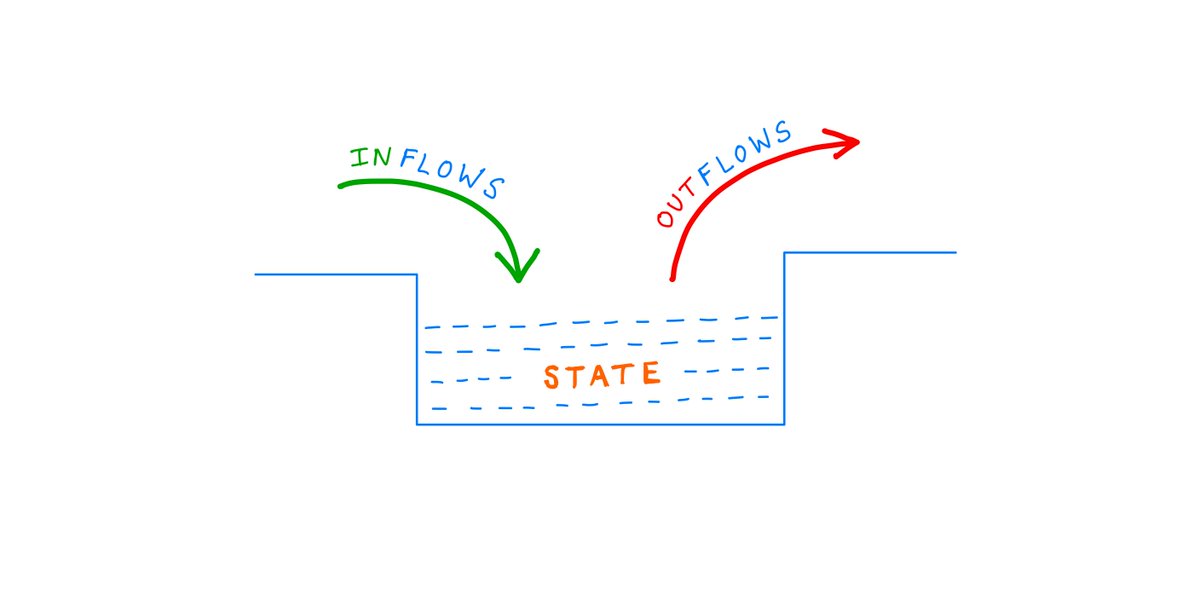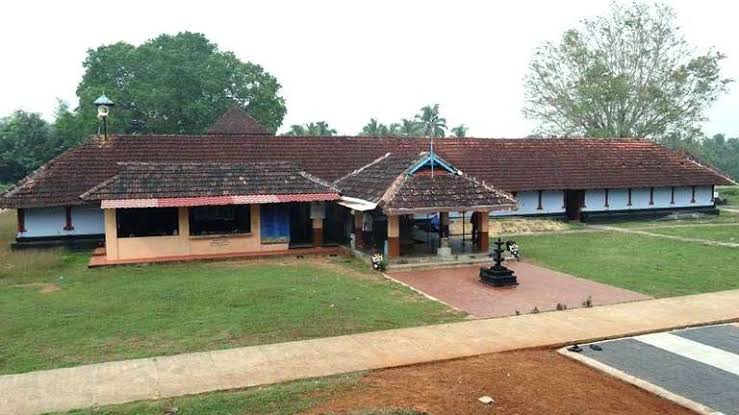It is what me make it. Last November … sh$t … all throughout 2020 … WE THE PEOPLE demanded our voice be heard and our will respected. When our legislators stop working for us their concept of civil service must be corrected. Democracy requires participation.
I pray they can get Justice but I'm not holding my breath. You have too many GOP who want to just sweep all this under the rug, and even though we did our part and voted blue, GOP still seem to have control. I don't think that's going to change.
— Rls (@Rls21737491) January 27, 2021
https://t.co/r6xz8JnksI
More from Finance
As the DeFi bull market continues, some brutally honest tips for new founders fundraising in crypto.
👇
1/ The discount you offer to strategic investors is both to account for the risk of an unlaunched product, but also as compensation for continued value add and support.
So make sure you know the investor will support you and not leave you on read once the docs are signed!
2/ Having someone on your cap table/ token allocation is as important as hiring.
You wouldn't hire someone just because they are influencers on Twitter- you do your reference checks and find evidence of value add from other companies the investor has invested in.
3/ Don't trust, verify.
Many investors will promise you the world when they're trying to get on your cap table.
Talk to founders they backed to see how much of it is bullshit. Ask them about how the investor was there for them during hard times.
4/ Don't just go for "name brand" funds because you want the brand.
Sure, it's great validation, but optimize for fit, not vanity.
However, I do think many well-known VCs are good actors, especially those with roots in successful trad VCs. They have a rep for a reason!
👇
Equity/ownership is a force. Getting it in the hands of the right people generously will drive alignment and execution.
— Joey Santoro (@Joey__Santoro) January 21, 2021
It is a joyful and serious responsibility \U0001f332
1/ The discount you offer to strategic investors is both to account for the risk of an unlaunched product, but also as compensation for continued value add and support.
So make sure you know the investor will support you and not leave you on read once the docs are signed!
2/ Having someone on your cap table/ token allocation is as important as hiring.
You wouldn't hire someone just because they are influencers on Twitter- you do your reference checks and find evidence of value add from other companies the investor has invested in.
3/ Don't trust, verify.
Many investors will promise you the world when they're trying to get on your cap table.
Talk to founders they backed to see how much of it is bullshit. Ask them about how the investor was there for them during hard times.
4/ Don't just go for "name brand" funds because you want the brand.
Sure, it's great validation, but optimize for fit, not vanity.
However, I do think many well-known VCs are good actors, especially those with roots in successful trad VCs. They have a rep for a reason!
Two year back thread on MFI, someone liked this so came up in notifications . Rather than running around 100s of indicators, I have made this my go to indicator under any circumstances and have been using this for years
This thread actually had some great answers , one can learn a lot about the thought processes of different traders from the answers. Please go thru them
What do you think/use as the most robust leading indicator if following technical analysis ? Please answer with reason , I will provide my answer after 2 hours
— Subhadip Nandy (@SubhadipNandy16) August 12, 2019
( At Delhi airport , bored as hell )
This thread actually had some great answers , one can learn a lot about the thought processes of different traders from the answers. Please go thru them
You May Also Like
https://t.co/6cRR2B3jBE
Viruses and other pathogens are often studied as stand-alone entities, despite that, in nature, they mostly live in multispecies associations called biofilms—both externally and within the host.
https://t.co/FBfXhUrH5d

Microorganisms in biofilms are enclosed by an extracellular matrix that confers protection and improves survival. Previous studies have shown that viruses can secondarily colonize preexisting biofilms, and viral biofilms have also been described.

...we raise the perspective that CoVs can persistently infect bats due to their association with biofilm structures. This phenomenon potentially provides an optimal environment for nonpathogenic & well-adapted viruses to interact with the host, as well as for viral recombination.

Biofilms can also enhance virion viability in extracellular environments, such as on fomites and in aquatic sediments, allowing viral persistence and dissemination.

Viruses and other pathogens are often studied as stand-alone entities, despite that, in nature, they mostly live in multispecies associations called biofilms—both externally and within the host.
https://t.co/FBfXhUrH5d

Microorganisms in biofilms are enclosed by an extracellular matrix that confers protection and improves survival. Previous studies have shown that viruses can secondarily colonize preexisting biofilms, and viral biofilms have also been described.

...we raise the perspective that CoVs can persistently infect bats due to their association with biofilm structures. This phenomenon potentially provides an optimal environment for nonpathogenic & well-adapted viruses to interact with the host, as well as for viral recombination.

Biofilms can also enhance virion viability in extracellular environments, such as on fomites and in aquatic sediments, allowing viral persistence and dissemination.


















